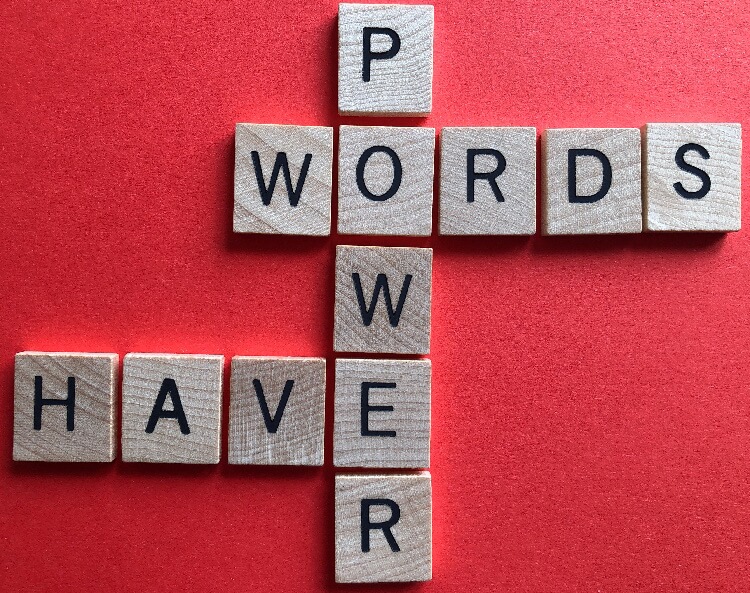When someone you care about is struggling with addiction, it can be hard to know what to say that helps; the words you choose can make all the difference between opening a door and closing one. Conversations about boundaries or concerns are already emotional, and the language selected can either make that person feel seen and supported or judged and defensive.

We’ve spoken openly about why the words we use about addiction matter, and how this can influence whether someone feels seen and supported or causes them to retreat away from getting help. Let’s talk further about how language can create stigma and why choosing words carefully does more than just meet approval.
How to approach the topic of addiction
Deciding to talk about addictive behaviours with someone you care about is such a huge decision that it’s easy to forget about wording. We’ve supported many loved ones who have used phrases such as “You’re destroying your life“ or “You’re an addict” out of fear and frustration, but those phrases often push people away, as they focus on blame rather than change. Reframing it with curiosity and care, be that in the form of questions or telling someone you’ve noticed certain behaviours and are worried about them, invites conversation rather than confrontation. It shows that you want to understand, not accuse.
When communication becomes calm, factual, and compassionate, people are more likely to listen and less likely to shut down. It keeps relationships intact, even through difficult conversations. And for many, that feeling of still being cared for – even with limits – is what eventually gives them the courage to seek help.
Woke language vs helpful language
In recent years, there’s been a lot of discussion about what’s considered “acceptable” language. For some, it feels like everything they say risks being labelled offensive. When it comes to addiction, this can make people hesitant to talk at all, as they are afraid that they’ll say the wrong thing.
But using more thoughtful language isn’t about being “woke” or policing words; it’s about communication that helps rather than harms. Helpful language focuses on connection and care, not control. It’s about asking, “Is what I’m saying helping this person feel understood and supported?” rather than “Am I saying the right buzzword?” Saying “a person in recovery” instead of “a recovering addict” isn’t about trendiness – it’s about acknowledging that a person is more than their condition.
In recovery settings, this distinction matters deeply. Using compassionate, human-centred language helps people feel safe enough to share their experiences honestly. That safety can’t be created through buzzwords or slogans; it comes from genuine respect and the desire to help.
When we strip away the noise of “woke versus traditional” what’s left is simple: being kind, clear, and real. The best language for addiction support is the kind that invites people closer, not pushes them away.
How stigma around addiction starts and how we can stop it
Stigma doesn’t begin with cruelty; it often begins with misunderstanding. For decades, the way addiction was talked about in newspapers, films, and even public health campaigns framed people struggling as reckless or morally weak. Those messages sank deep into society’s vocabulary, shaping how we think and speak about addiction without us even realising it.
But stigma can end where awareness begins. When we change the language we use, we change the way people feel about asking for help. Describing addiction as a health condition rather than a personal failure makes space for empathy. Avoiding labels and using person-first language reminds us that behind every story of addiction is a person who deserves the same respect, care, and hope as anyone else.
Speech is a personal choice, and addressing this can feel regulated, but this isn’t about being “politically correct”; it’s about creating a world where people who will benefit from support feel seen, not shamed, increasing chances of successful recovery.
Change doesn’t have to start in government campaigns or clinics; it can start in everyday conversations. When people feel heard without judgement, they’re far more likely to seek help and stay in recovery. And that’s the real power of language – not just to describe change, but to make it possible.
This is out second article on this subject – please also see “Why the words we use about addiction matter“
If you’re concerned about addiction in yourself or someone else, we can help you find the right words. Contact one of our friendly staff today for recovery support and guidance.
